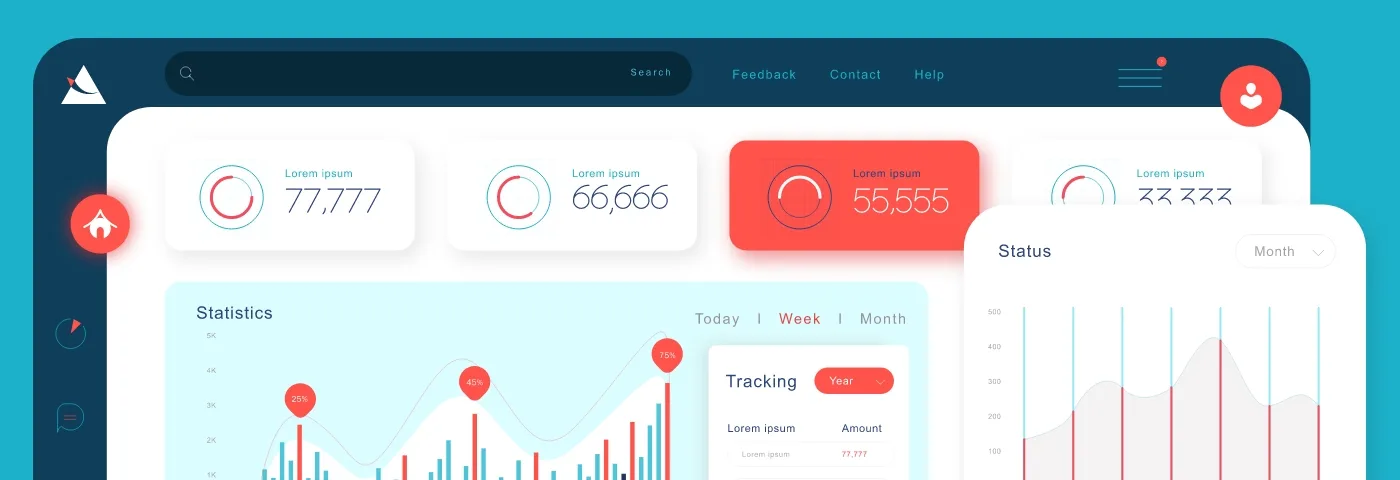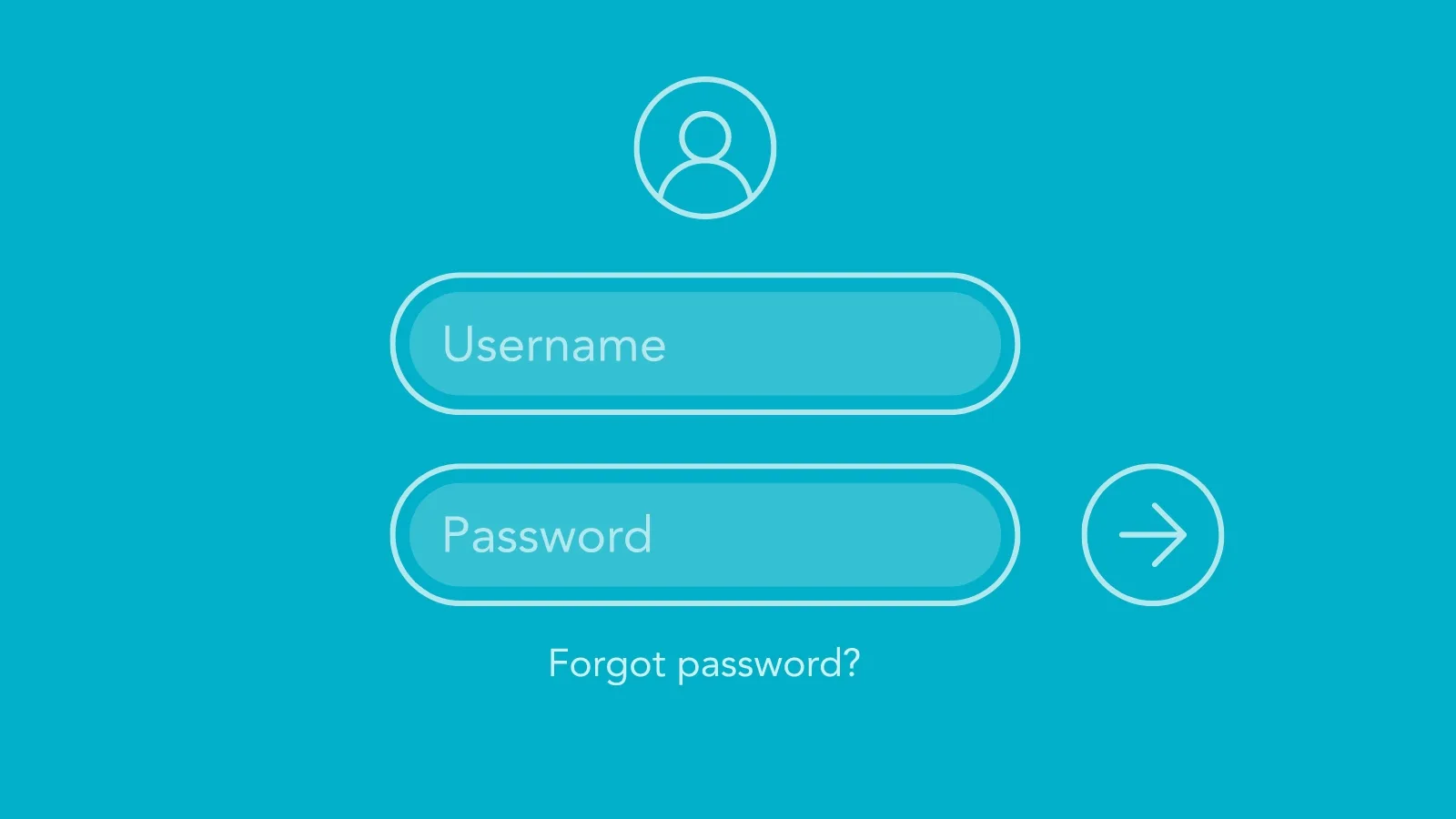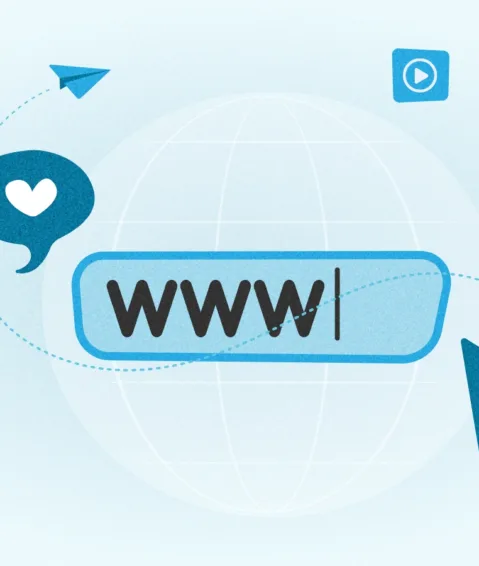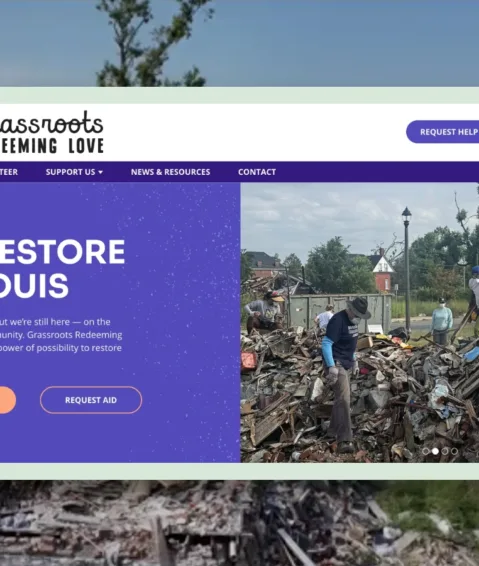Benefits of a User Portal
A portal is essentially a hub where users can access what they need when they need it. These platforms benefit different organizations through:
- Aggregation. Portals collect information from multiple applications and present it in a user-friendly manner. Organizations may input data, documents and rich media for use by their target audience — whether that be employees, consumers or other businesses.
- Personalization. User portals may be adjusted by user type, displaying information applicable to their access level. Additionally, these platforms may collect user information and display content relevant to needs, behavior and interests.
- Automation. Portals reduce the need for human intervention. For example, actions may trigger based on user input within the portal, such as automatically generating a support ticket. Automation generally reduces the time and energy invested in business operations.
- Communication. Portals provide a singular platform for two-way interactions. Internally, portals facilitated progress reports, tickets and training. Externally, portals enable consumers to communicate with support teams or fulfill tasks.

Industry Applications of User Portals
These days, it’s rare to encounter an organization that does not need a user portal for either internal or external interactions. Industries that frequently utilize web portal development services include:
Education
Academic institutions used to rely solely on paperwork and in-person interactions to keep students on track. Now, portals streamline access to critical resources for students, educators and administrators alike.
Academic institutions may implement a portal to:
- Manage courses.
- Track attendance.
- Facilitate remote learning.
- Schedule the semester.
- Upload documents.
- Update grades.
Nonprofits
Nonprofits rely on the kindness of others — whether that be in the form of donations, fundraisers or volunteer work. Portals improve communication between all parties, enhance donor engagement and automate administrative tasks.
Nonprofit organizations may implement a user portal to:
- Process donations securely.
- Automate communications.
- Personalize the donor experience.
- Manage campaigns & events.
- On-board volunteers.
- Centralize resources.
Financial Services
Finances may feel complicated. Audiences are often hands-on with their finances, requiring transfers, deposits, withdrawals and answers to questions. Portals automate administrative requests — allowing staff to focus on more complex tasks instead.
Financial service organizations may implement a portal to:
- Enable secure user access.
- Facilitate self-service.
- Provide tools, resources and reports.
- Manage account documentation.
- Personalize user experiences.
Insurance
One negative experience with insurance may prompt a consumer to search for a new provider. Slow claims processing, generic policies and endless forms build frustration — but an effective user portal may be enough to smooth things over.
Insurance organizations may utilize web portal development services to:
- Centralize policy information.
- Protect from data breaches.
- Submit change requests.
- Communicate with policyholders.
- Reduce operational workload.
Healthcare
Research indicates that patient portals have a positive impact on health outcomes. These tools enable quick access to sensitive information — improving doctor-patient relationships, health status awareness and adherence to treatment plans.
Healthcare institutions may implement a portal to:
- Access medical records.
- Coordinate care.
- Schedule appointment.
- Process prescriptions.
- Manage billing.
- Provide virtual care.
B2B E-Commerce
Traditionally, B2B organizations lean on sales representatives to secure a sale. However, this approach is variable — changing with each representative’s approach as well as the client’s perspective. User portals create a predictable sales experience every time.
B2B e-commerce institutions may implement a portal to:
- Display sales catalogs.
- Place, fulfill & track orders.
- Access user documentation.
- Handle invoices.
- Generate reports.
- Automate communication.

Our Web Portal Development Services
For nearly 30 years, Paradigm has brought brands to life online. Our web and technology teams work hand-in-hand to craft platforms that align with long-term needs. Paradigm’s web portal development services cover:
- Architecture
- UX/UI Design
- Development
- Prototyping
- Integrations
- Staging
- Production
- Maintenance + Updates
Start building your custom portal today — contact the Paradigm team below:





